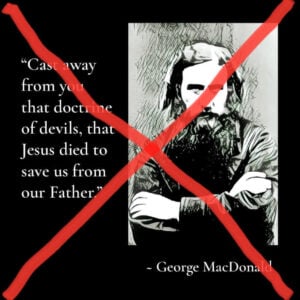Article by Ana Redding
Church leaders, why is it, that in most churches around the world, only a minority of the members are actively involved in ministry? Is this good for church health?
One of the main reasons can be the wrong belief that the works of the ministry are to be carried out by a select few. The ones that are called to be church leaders, pastors, evangelists, teachers, prophets or apostles, those are the ones that have the responsibility to do the works of the ministry. In other words, they are the ones whose job is to provide church health, serve, feed and nurture the church small groups and church community, once or twice a week, within the four walls of the church building. The rest of the week, we go back to our “normal” secular lives, without giving a second thought to ministry. Every word that I add to this paragraph makes it more and more difficult for me to carry on writing. There is a heaviness and a sadness in my soul for the many that are going through life deceived with this “secular-sacred divide” perspective.
Yes, the apostles, prophets, pastors, evangelists and teachers are gifts to the church as church leaders, but these living, breathing, walking, talking gifts were never meant to be overburdened, overstretched or overbearing. They were not given to the church as part of a constricting, self-serving, four-walls-limiting plan. They were given as instrumental gifts for exponential growth and empowerment within God’s brilliant strategy for significant, relevant and purposeful expansion and multiplication. Their purpose is “to equip the saints for the works of the ministry” (Ephesians 4:12-16), so that each one of us can be equipped and empowered to carry the gospel of the Kingdom in word and deed, first into every area of our personal lives, and consequently into every circle and sphere of influence we move within and outside church.
My understanding of what it means to be in ministry has completely shifted as I grasped the transformational scope of the Gospel of the Kingdom through ministry coaching. For example, a stay at home mum can choose to let life happen or she can decide to be intentional in the way she is going to usher God’s presence in her home, letting the truth of the Word define the values and foundations of her family culture, demonstrating authenticity in the way her conduct is consistent with her professed beliefs and creating opportunities for her children to grow and be equipped in the ways of the Kingdom of God. Christian teachers, mechanics, doctors, lawyers, landscapers, engineers, project managers, hairdressers, scientists, lecturers, financiers, policemen, astronauts, artists, cashiers, etc, etc, etc…they are not defined by what they do but they can decide to affect what they do by who they are and who they carry. We carry the King of Kings, therefore, we do the good works of the kingdom wherever we go.
The Church continues to play a foundational role in this “on earth as it is in heaven” strategy for societal reformation because it is, or it should be, the nuclear hub for growth and purposeful development towards our God-given destiny. A place where people find out their giftings and are given opportunities to develop them while serving others. Church, as family,



